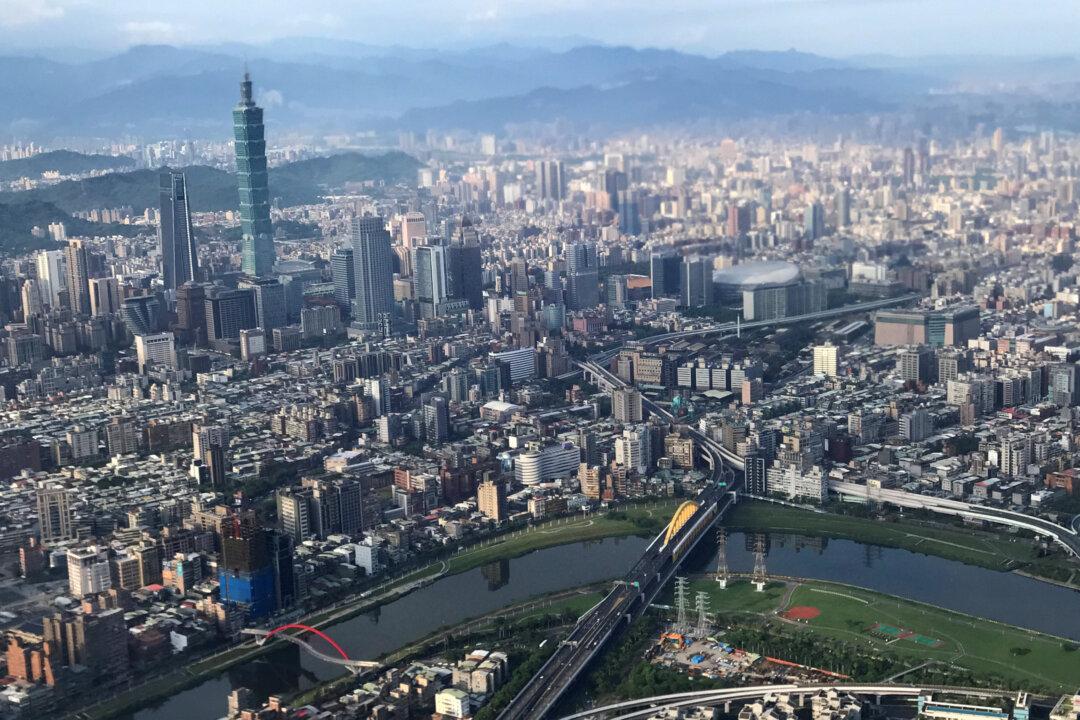TAIPEI—Taiwan plans to spend T$60 billion ($2 billion) to help cushion the impact of the new coronavirus, COVID-19, on its export-reliant economy, offering loans to small businesses and even vouchers to spend on food at night markets.
Taiwan, whose largest trading partner is China, cut its estimated for 2020 economic growth on Feb. 12, as the outbreak threatens to hit its economy, which is a key part of the global electronics supply chain.





